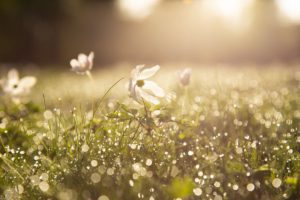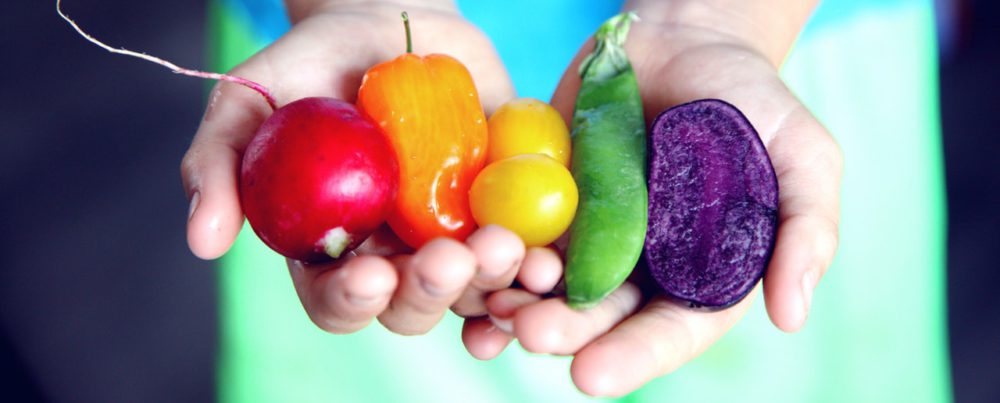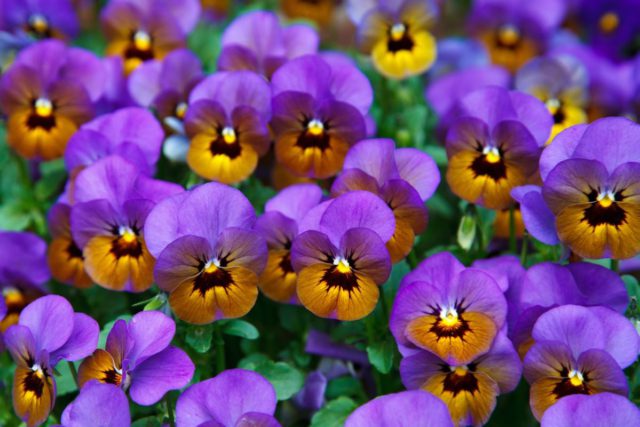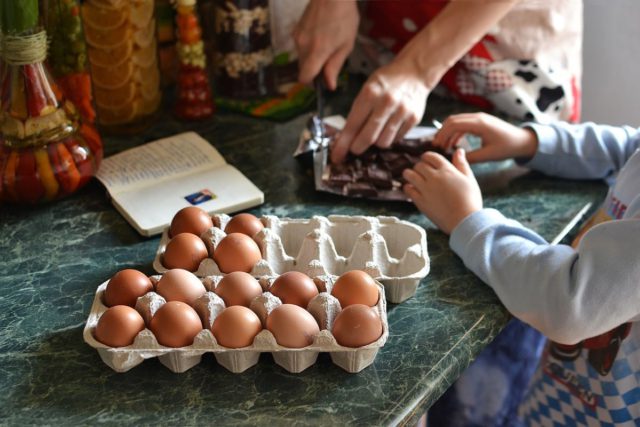Gardening is an enjoyable and rewarding hobby, but it can be a bit intimidating for beginners. With so much information available, it can be overwhelming to know what to do and what not to do. In this article, we’ll discuss some of the dos and don’ts of gardening to help you get started.
Do: Test Your Garden Soil
One of the most important things you can do before planting anything is to test your garden soil. Soil pH can greatly affect the growth of plants, and different plants prefer different pH levels. With the help of a soil test kit, you can check this. Once you know your soil’s pH level, you can add amendments to adjust it if necessary. Adding compost or organic matter can also help improve the quality of your soil.
Don’t: Overwater Your Plants

While water is essential for plant growth, overwatering can be just as harmful as under-watering. When plants are overwatered, their roots can become waterlogged, and they may develop root rot. In addition, overwatering can wash away important nutrients from the soil. It’s important to check the moisture level of your soil regularly to prevent overwatering. It is simple – you just have to stick your finger into the soil about an inch deep to check whether the soil is moist. If it’s not, then it is time to water your plant.
Do: Use Garden Mulch
Mulch is a layer of organic or inorganic material that is put around plants to enrich the soil. Garden mulch helps retain moisture in the soil, suppress weeds, and regulate soil temperature. Organic mulches, such as wood chips, grass clippings, and leaves, can also decompose over time, adding nutrients to the soil. When applying mulch, be sure not to place it directly against the stems or trunks of plants, as this can cause them to rot.
Don’t: Use Chemical Pesticides
Chemical pesticides can be harmful to beneficial insects, such as bees and butterflies, as well as to pets and humans. Instead of using them, try natural methods. For example, you can plant companion plants that repel pests, such as marigolds or basil. You can also attract beneficial insects, such as ladybugs or praying mantises, to your garden. If you do need to use a pesticide, choose an organic option and apply it sparingly.
Do: Rotate Your Crops
Planting the same crop in the same spot year after year can deplete the soil of important nutrients and increase the likelihood of pests and diseases. It’s important to rotate your crops to avoid this. Crop rotation involves planting different crops in different spots each year. This helps keep the soil healthy and prevents the buildup of pests and diseases. Plan your garden layout carefully to ensure that you’re rotating your crops effectively.
Don’t: Forget to Fertilise
Plants need nutrients to grow, and while soil amendments and organic matter can help, they may not provide all of the nutrients your plants need. Fertiliser can help provide your plants with the necessary nutrients for healthy growth. However, it’s important not to over-fertilise, as this can harm your plants and the environment. Follow the instructions on your fertiliser carefully, and apply it sparingly.
Do: Maintain Your Garden Tools
Maintaining your garden tools is important for both their longevity and your safety. Dull tools can be dangerous to use and can damage your plants. After each use:
– Wipe down your tools with a damp cloth and dry them thoroughly.
– Sharpen blades as needed and oil moving parts to prevent rust.
– Store your tools in a dry, protected area to prevent them from rusting or corroding.
Don’t: Neglect Your Garden in the Off-Season
It can be easy to forget about your garden during the off-season, but taking care of it during the fall and winter can help ensure a healthy and successful garden in the coming springtime. Consider planting cover crops, such as clover or winter rye, to help improve soil quality and prevent erosion. You can also use this time to plan and prepare for the next growing season by researching new plants to grow and planning your garden layout.
Do: Stay Patient and Observant
Gardening takes time and patience, and it’s important to stay observant throughout the growing season. Pay attention to how your plants are growing and adjust your care accordingly. If a plant is struggling, it may need more or less water, or it may need more sunlight or shade. Don’t be afraid to experiment and try new things in your garden, but also be patient and understand that gardening is a learning process.
All in all, gardening can be a fun and rewarding hobby, but it’s important to know the dos and don’ts to ensure success. Don’t forget – Great things do take some time and effort; just try to remain patient and experiment to see what works best for you.





WORKOUTS
Healthy Mind
How Pets Boost Emotional Well-being
Healthy Mind
Pursuing Excellence in Healthcare
Healthy Mind
Importance of Patient Safety Awareness
Healthy Mind
Steps to Achieve a Healthier Lifestyle
Healthy Mind
Dos and Don’ts of Gardening
Healthy Mind
A Journey To Inner Beauty
Healthy Mind
Why Do I Need A Bicycle Bag